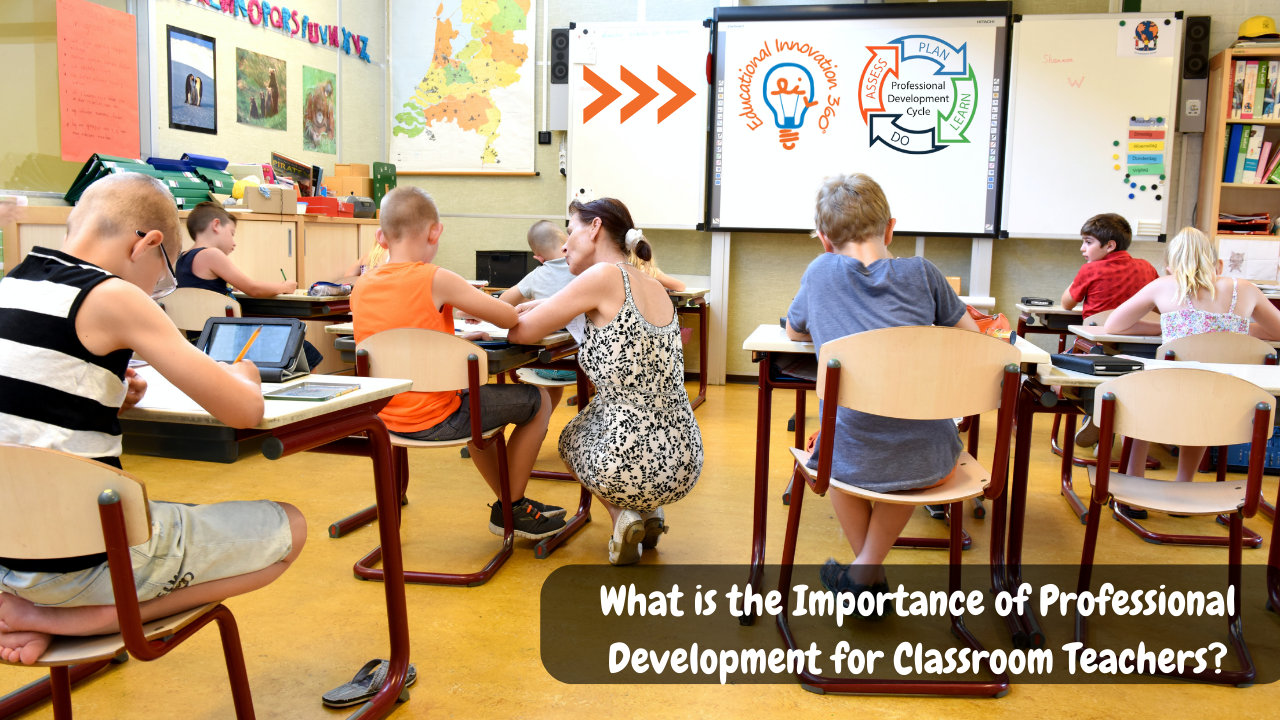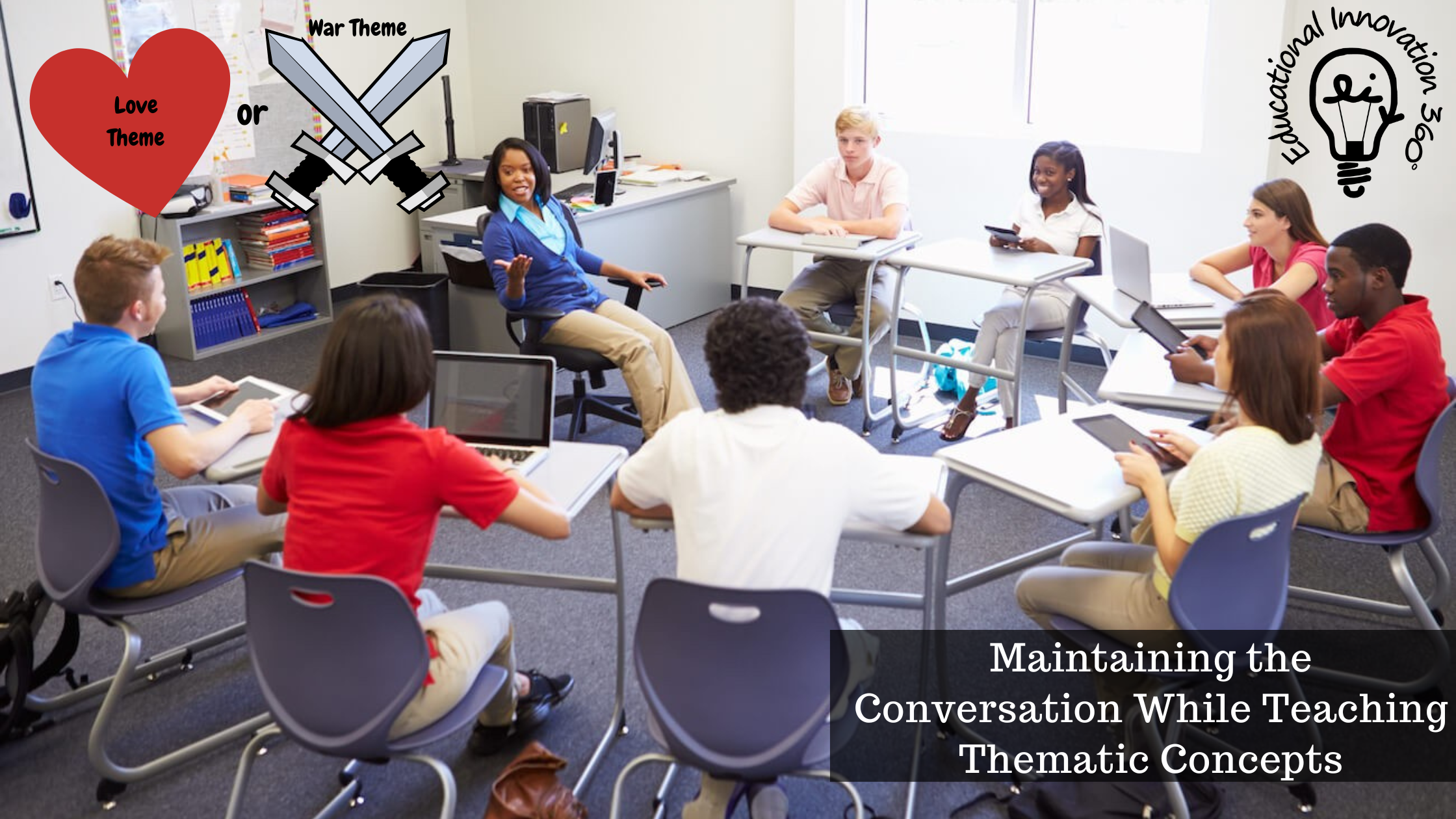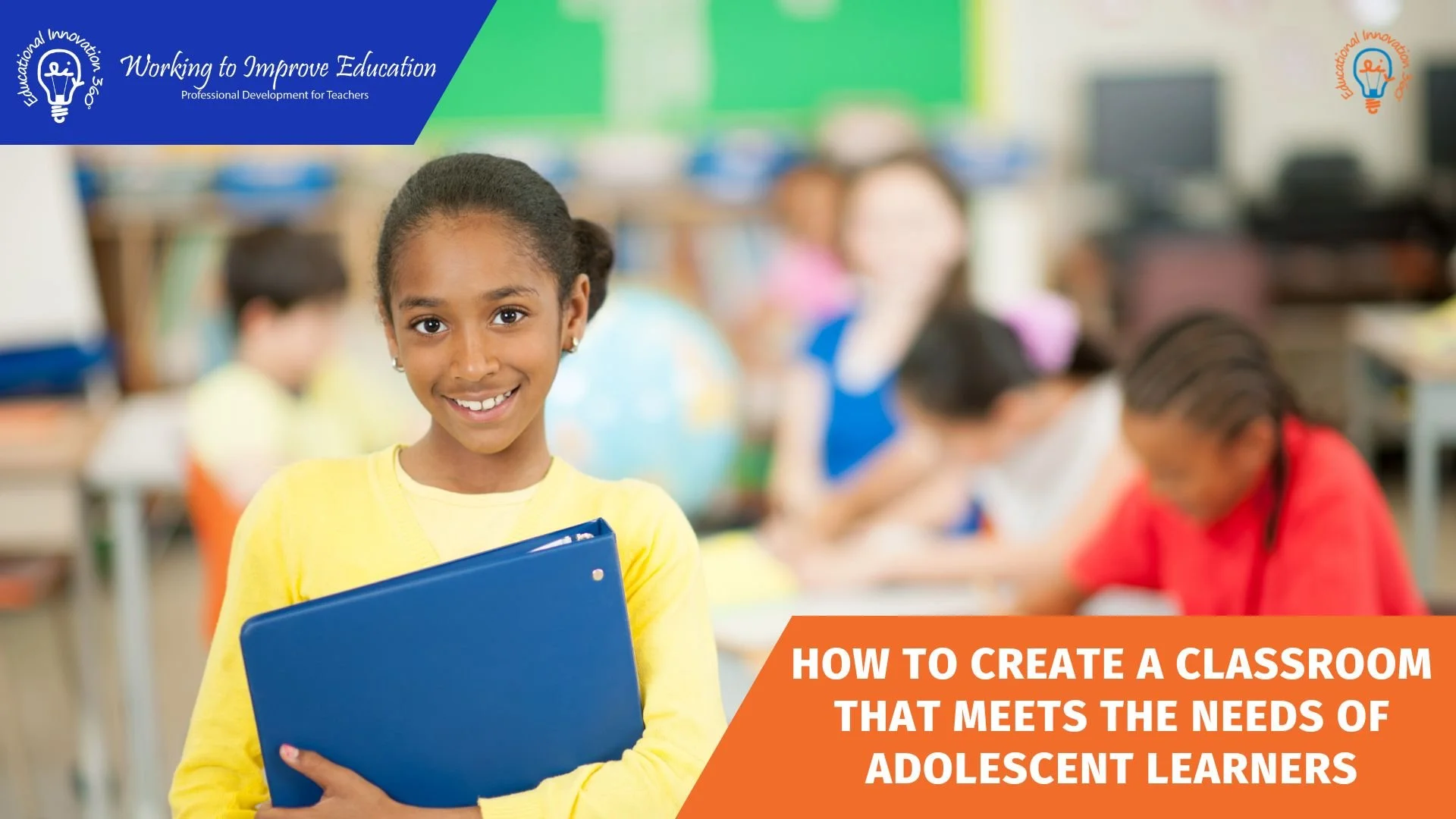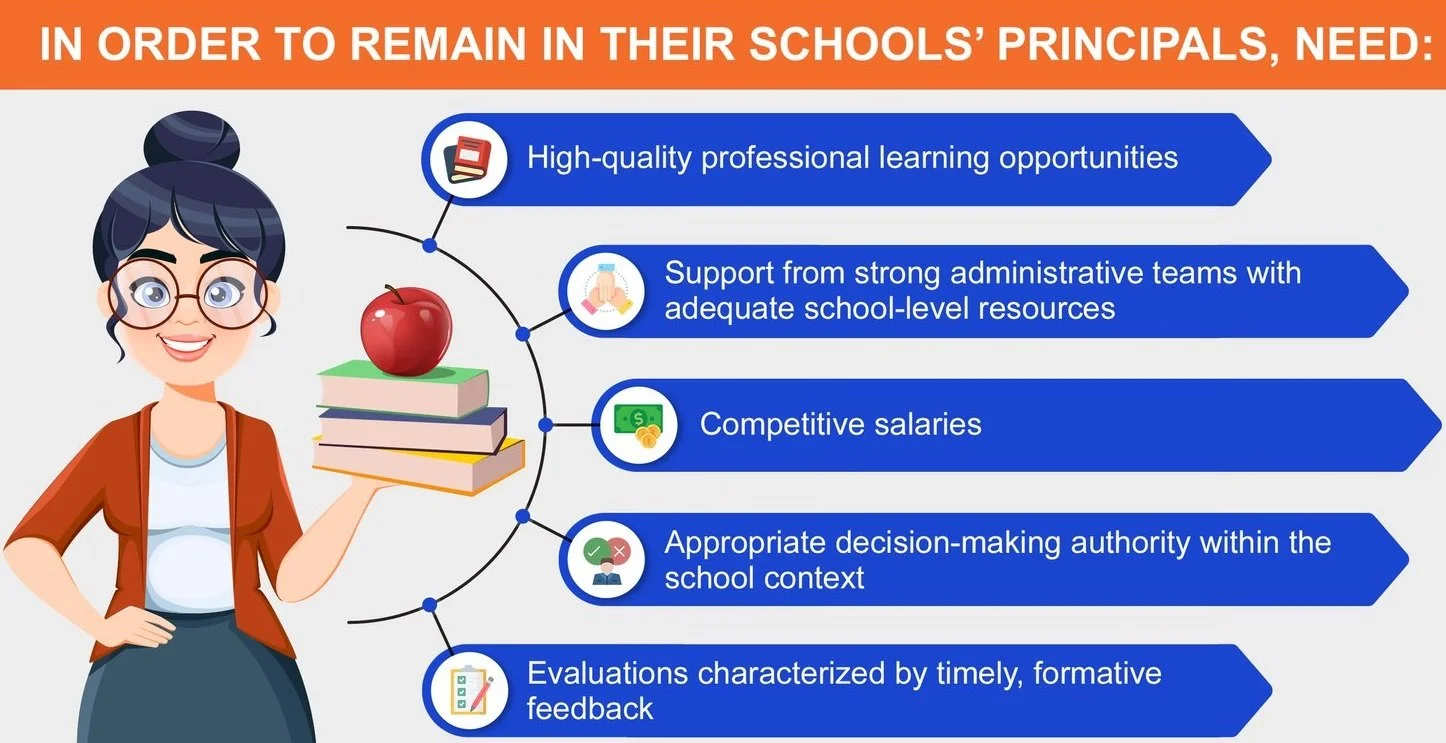No teacher has all the answers, regardless of how knowledgeable or experienced they are. Click here to learn about the importance of professional development for classroom teachers.
Read MoreThe reason why students should write often is so they understand that it is used to communicate with others so why do we wait for the end of the unit, we need to write every day!
Read MoreCocurricular Activities can help address learning loss by providing students with experiences outside the classroom that apply the knowledge acquired in the classroom so why haven’t you partnered with your afterschool program?
Read MoreA curriculum can either pique student interest because its content is closely tied to a student's lived experiences to which students can relate so what type of curriculum do you have?
Read MoreThe whole process of leadership in schools has made significant advances, and today the education system has been revolutionized due to technological advances so how are you transforming your school looking towards the future?
Read MoreClassroom conversations are challenging because teachers are responsible for Increasing the stakes; while raising the bar on what students have been concentrating on, encouraging more students to participate in the discussion, and playing devil’s advocate to insert a new lens of learning.
Read MoreIt may take some time, but preparing for and leading a discussion are two of the essential strategies for developing students' thinking over time and increasing their ability to develop a deeper understanding of the texts they read.
Read MoreWhat are you doing to evaluate the learner's progress in understanding a concept, skill, narrative, etc? There are at least three options for providing this assistance, start today!
Read MoreHaving a discussion with students allows teachers to gauge background knowledge, and identify how much they remember from a previous topic so in order to engage in deep discussion these things are necessary.
Read MoreAs middle schoolers transition from preteens get ready to engage in discussion. Understand the developmental phase and make sure you recognize student triggers, experiment with different forms of communication, and take the small things seriously.
Read MoreWhen students take a more hands-on approach to learning, motivation comes naturally giving them the opportunity to grow and use the curriculum as a guide to true learning pathways. How are you ensuring that each student has the ability to explore their passion?
Read MoreAdolescents are pushed by two significant factors; first, their need for independence, and they are then drawn by their need for belonging so, YES, this should be your focus for the year.
Read MoreResearch has shown that teacher collaboration can improve student achievement so why haven’t more schools started?
Read MoreMany teachers would tell you Yes, I want to be a teacher forever but that doesn’t mean that you cannot make career goals. There are many opportunities in education to try new things.
Read MoreIt is no secret that students from low socioeconomic backgrounds (SES) face many challenges when it comes to succeeding in school so what are you doing differently this year?
Read MoreThere is a growing disparity between the educational opportunities available to students so how can we level the playing field?
Read MoreTypically…Low-performing principals are more likely to be demoted to a lower school-level position or leave the education system entirely. In contrast, high-scoring principals are more likely to be promoted to a central office position. Is this happening in your district?
Read MoreThere are more than 55,000 children in foster care in California, about 34 percent of whom are placed with relatives so what can we do to help students in our schools?
Read MoreThe CDC reports that suicides have increased by 30% since 1999 (CDC, 2018). What are we doing in schools do ensure our students get the support they need?
Read MoreAs of 2022, the only true barriers to implementing virtual reality learning throughout the U.S. educational system are access to sufficient internet, the cost of VR and AR devices, and the lack of educational programs that have already been fully adapted to virtual reality and augmented reality learning.
Read More




















